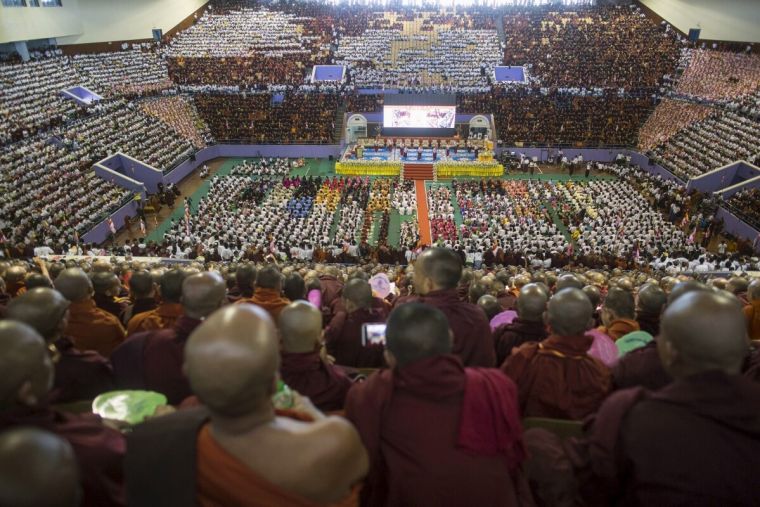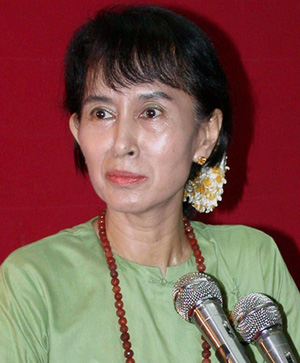Myanmar: Why the world's longest-running conflict might be ending

Eight armed groups in Myanmar have signed a peace deal with the government that may bring an end to the world's longest-running conflicts. Myanmar has been guilty of appalling human rights abuses but is edging towards democracy and accountability. While there is a long way to go, the agreement may lead to a better future for a troubled country.
1. Myanmar, or Burma, was conquered by Britain in the 19th century and became independent in 1948. George Orwell served in the police there and wrote his first novel, Burmese Days, based on his experiences – it made him a life-long anti-colonialist. Its democratic government was overthrown in 1962 by a military dictatorship that lasted until 2011.
2. Its most famous political figure is Aung San Suu Ki, a long-time campaigner for democracy who was imprisoned for many years by the regime.

3. It is the scene of the longest armed conflict in the world, between the Karen National Union and the government. It started in 1949 and is one of 15 conflicts between Myanmar's tribal people and the centre.
4. The Burmese army has been guilty of horrific acts of violence including systematic rape, torture and mass murder. Tens of thousands of people have died over the years and hundreds of thousands more have been displaced, many of them to refugee camps on the Thai-Burma border.
5. A large minority of the 6-7 million Karen people – around 35 per cent – are Christians, many of them Baptists whose spiritual ancestors were converted by American missionary Adoniram Judson.
6. The military still plays a major role in the life of the country but democratic reforms have continued.
7. The majority religion in Myanmar is Theravada Buddhism. Buddhist monks are widely respected in the country and were prominent in the Saffron Revolution in 2007 against the economic hardships caused by the government's economic policies. There are frequent clashes between Buddhist nationalists and Muslims, who face discrimination and marginalisation.
8. There are around 2.2 million Muslims in Myanmar, mainly members of the Rohingya community in the western state of Rakhine. They are considered by the UN to be one of the world's most persecuted minorities. Many Rohingya refugees have attempted to flee to Australia, where they have been refused entry.
9. While the peace deal with eight of the groups battling the government is significant, seven did not sign it, including the largest, the United Wa State Army, which has some 25,000 members operating on the border with China.
10. The deal is an early step in negotiations that may lead to a more federal system of government with greater autonomy for tribal regions.











